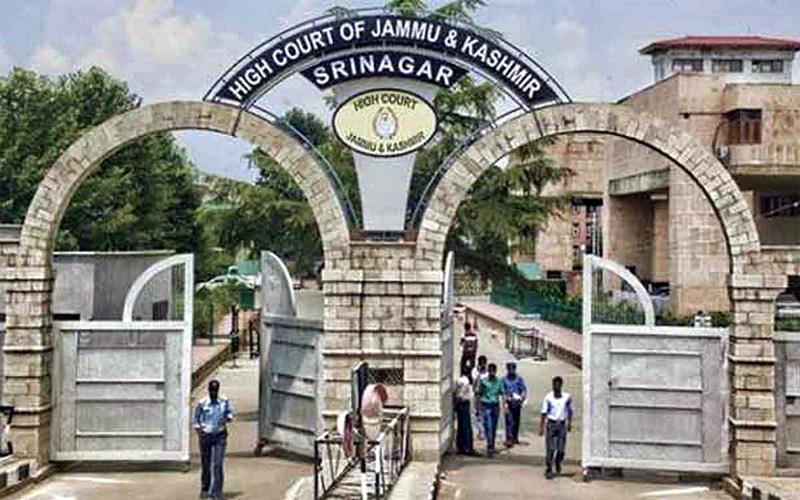HC directs regularization of daily rated workers who completed 7yrs
TNN Bureau. Updated: 8/1/2024 2:51:08 AM
Front Page

Jammu: The Division Bench of the Jammu & Kashmir and Ladakh High Court, comprising Acting Chief Justice Tashi Rabstan and Justice Puneet Gupta, has dismissed the appeal by the Union Territory (UT) government and directed the regularization of services for daily rated workers who have completed seven years of service.
This decision aligns with the precedent set by the regularization of similar workers in March 2006 under SRO 64 of 1994.
The appeal challenged the judgment dated October 29, 2013, delivered by the Single Bench in SWP No. 838/2010, which had directed the government to regularize the services of the petitioners.
The writ petitioners were appointed as Daily Wagers/Daily Rated Workers between 1986 and 1994. Despite the government regularizing the services of many daily rated workers in February 2006 (Government Order No. 138-PW(Hyd) of 2006), the petitioners were excluded despite having completed the required seven years of service. This led them to file SWP No. 838/2010.
In December 2010, the Single Bench had directed the government to consider the petitioners' cases for regularization within a month if they met the eligibility criteria under SRO 64 of 1994. However, this directive was not followed, leading to the current appeal.
The Division Bench noted that any casual laborer who has served for a long period indicates a regular need for their services, thus entitling them to regularization. The court emphasized that long-term casual laborers should not be deprived of regularization rights, regardless of their designation as casual laborers or daily rated workers.
Citing various Supreme Court judgments, the Division Bench affirmed the Single Judge's decision, directing the government to regularize the petitioners' services similarly to those regularized in March 2006 under SRO 64 of 1994.
This ruling reaffirms the rights of long-serving casual laborers to secure employment benefits, providing a significant precedent for similar cases in the future.